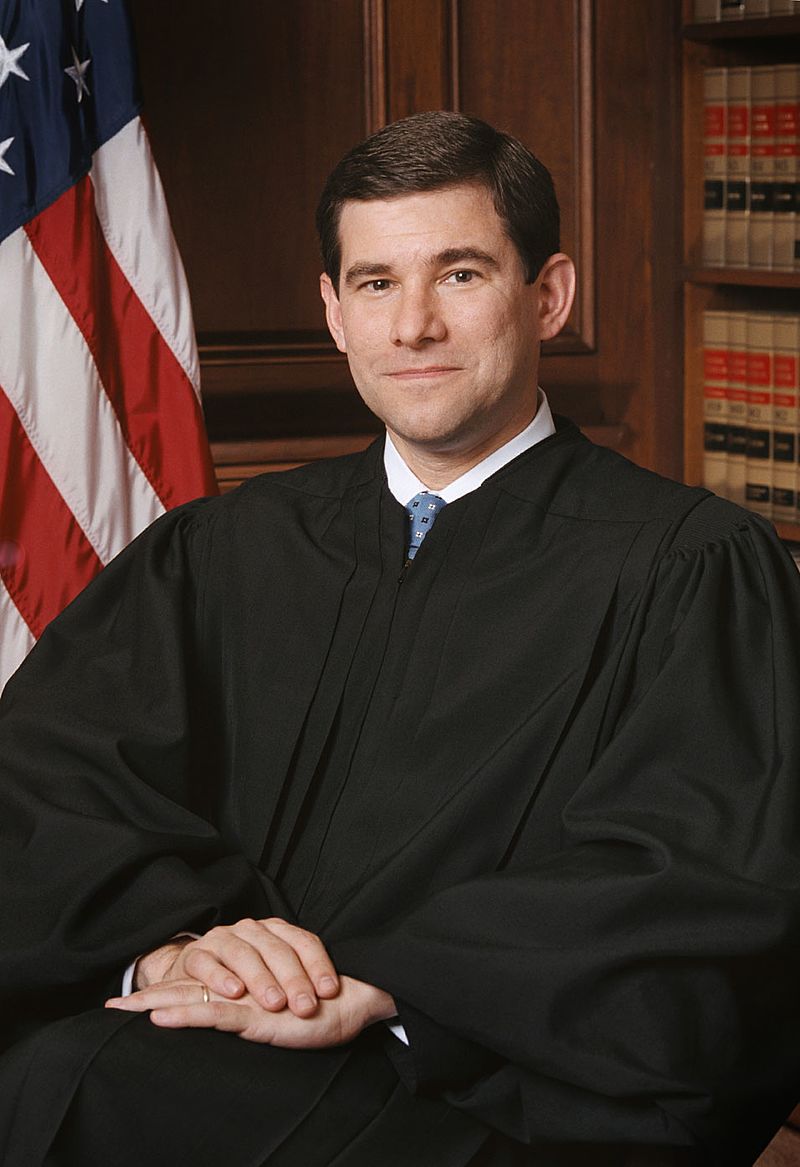 A national state/church watchdog released a detailed analysis today documenting why William Pryor, short-listed as a possible Supreme Court nominee, would be a “disastrous appointment, and must be vigorously opposed.”
A national state/church watchdog released a detailed analysis today documenting why William Pryor, short-listed as a possible Supreme Court nominee, would be a “disastrous appointment, and must be vigorously opposed.”
President Trump announced he’ll be shortly disclosing his nomination to replace the vacancy left by Antonin Scalia’s death on the Supreme Court. Trump’s selection of 21 possible nominees, approved by the Heritage Foundation and the Federalist Society, has been disclosed for several months.
Court watchers are predicting Pryor may be at the top of Trump’s list along with Judge Neil M. Gorsuch and Judge Thomas Hardiman.
“Pryor is unacceptable on Establishment Clause grounds,” charges the Freedom From Religion Foundation. “But the swath of destruction he’ll create if given a seat on the high court will be far broader.”
FFRF’s memo documents Pryor’s longstanding hostility to the secular principles of the U.S. Constitution and Bill of Rights. Endnotes allow online readers to view directly the original sources on which FFRF relied.
FFRF notes Pryor’s record on the 11th Circuit Court of Appeals is troubling. But most revealing are his prolific public statements on law and policy.
One of Pryor’s most “dismaying” comments comes from his brief to the Supreme Court, in which he likened the ACLU and its plaintiffs to terrorists.
In a piece for the Wall Street Journal, Pryor lambasted court decisions legalizing abortion, barring school prayer and recognizing gay rights. Infamously, in a 2003 brief to the Supreme Court, Pryor compared homosexuality to “necrophilia” and “bestiality.” He called Roe v. Wade “the worst abomination of constitutional law,” and came down in favor of disclaimers against evolution on school textbooks.
The Roman Catholic judge told a graduating class at his alma mater that the “Declaration of Independence and the Constitution of the United States are rooted in a Christian perspective,” a patently false claim. Pryor has railed against “the increasing secularization of our country,” in particular championing the display of the Ten Commandments on government property. He has argued that the First Amendment would allow a religious majority to establish a government-sanctioned religion at the state level.
As Alabama attorney general, Pryor ardently supported early actions by the notorious Roy Moore, then a county judge, to put the decalog up in his courtroom and force jurors to pray. Pryor even wrote a piece for USA Today praising Moore.
Pryor compared challenges against displays of Ten Commandments monuments on public property to the Taliban’s destruction of Buddhist statues at a UNESCO world heritage site.
Additionally, FFRF notes that short-listed Thomas Hardiman, a Catholic who serves on the 3rd U.S. Circuit Court of Appeals, once argued in a dissenting opinion to a Pennsylvania case that a mother of a kindergartner should be allowed read from the bible to the entire class.
Neil Gorsuch, who serves on the 10th U.S. Circuit Court of Appeals, joined that court’s Hobby Lobby decision, holding that for-profit companies have a religious right to dictate their employees’ contraceptive choices. He dissented in a decision that removed roadside crosses from rights of way, and when the 10th Circuit voted not to rehear a case removing a Ten Commandments monument from a county courthouse in Oklahoma. Gorsuch advocated removing the “reasonable observer” test, used to determine whether religious displays appear to involve government endorsement of religion.
FFRF has been investigating the state/church records of all the judges on Trump’s list, and is prepared to oppose any who will not protect citizens’ right to be free from religion in governmental policy, laws and public schools.
Until Scalia’s death last year, six of the nine justices of the Supreme Court were Catholic, four of them currently ultra-conservatives. FFRF maintains the nation’s diversity should be better represented, seconding physicist Lawrence Krauss’ op-ed in The New Yorker last year saying it’s high time for an atheist on the high court.
But at minimum, says FFRF Co-President Annie Laurie Gaylor, “There can be no religious test for public office. Packing the court with Roman Catholics or judges of any single denomination appears to violate the spirit of that ban. Today there are technically more ‘Nones’ (nonreligious) than Roman Catholics, yet we have no representation on the Supreme Court.” Trump’s list does not appear to include any “Nones.”
FFRF has more than 26,500 members nationwide, and works to educate about nontheism, as well as to defend the Jeffersonian wall of separation between church and state.
Photo in the public domain.

